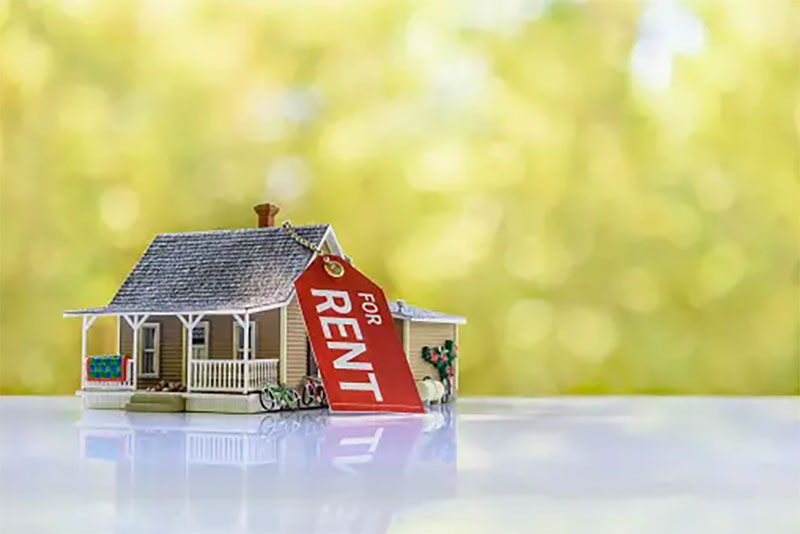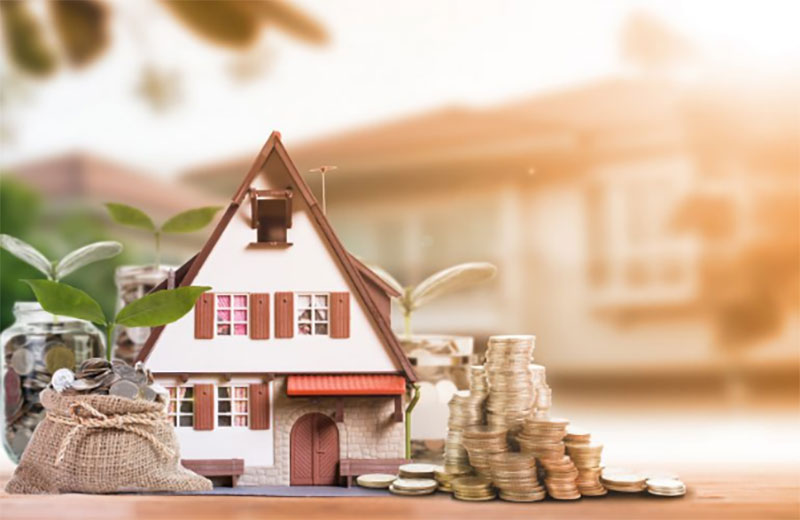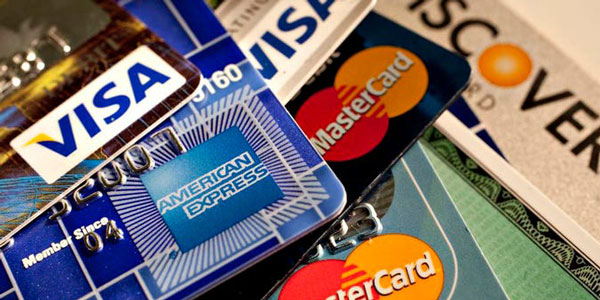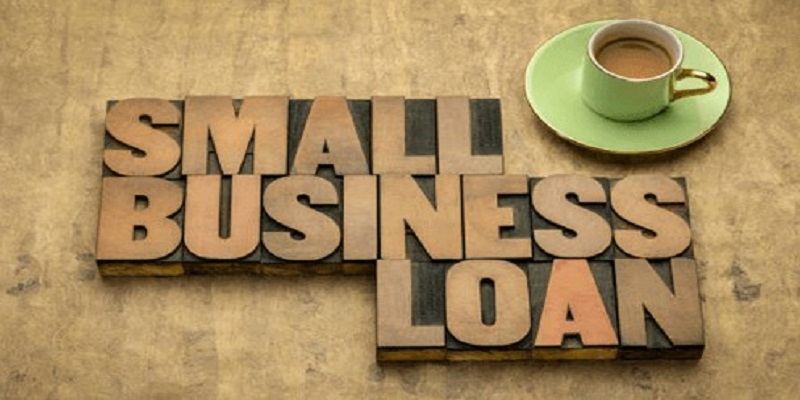Are you considering selling your home and buying another one? It’s an exciting journey but also a bit overwhelming. It can be tough to keep up with everything from the paperwork to moving out to purchasing a new home.
Luckily, if you rent out your current home instead of selling it, it can provide some much-needed financial breathing room and open up options on what type of property you might want to buy next. We will walk through precisely how best to rent out your existing property while still setting yourself up for success in finding and purchasing the perfect property for yourself.
Should you rent out your house?

The first step is determining if renting your house is the right option. It can be a great way to make some extra money, but you should consider a few things before making any decisions. Some of those considerations include:
Finances

Make sure that the rental income will cover all of the expenses associated with owning and maintaining a property, such as taxes, home insurance, maintenance costs, etc.
Time Commitment
Being a landlord takes up time. You’ll need to source tenants, regularly check up on the property, handle paperwork related to leasing agreements, and much more. If you don’t have the time or energy to commit yourself completely in addition to finding a new home, it might be worth considering other options.
Regulations
Depending on where you live, regulations may prohibit or limit the rental of residential properties. Be sure to check with your local authorities for details before making decisions.
Once you’ve answered these questions and are comfortable with renting out your property, it’s time to start planning.
How To Rent Out Your Home
Before looking at potential homes to buy, set yourself up for renting success. This will help ensure that everything runs smoothly so you don’t have to worry about dealing with tenant issues while also trying to manage purchasing a new home. Here are some steps you can take to ensure success:
Create an attractive listing
Before you start advertising, ensure your property is in good condition and that the listing accurately reflects what it has to offer. Use quality photos, write detailed descriptions, and be upfront about potential issues.
Research the local rental market
Take some time to look at similar properties in your area to better understand how much rent you should realistically charge. You don’t want to overprice or underprice yourself.
Screen tenants carefully
Ensure you thoroughly vet each potential tenant before signing them onto a lease agreement. Ask for references, check their credit score, and run background checks if necessary.
Draw up the right paperwork
Once you’ve found a tenant, draw up an airtight lease agreement that covers all the details, such as deposit amounts, rent payments, and policies surrounding pets, smoking, etc.
Put systems in place.
Set up processes and schedules for collecting rent payments on time, responding to maintenance requests, and dealing with any other tasks needed throughout the rental period.
Now you’re ready to start looking for your new home! It can be helpful to create a checklist of features you want your next house to have so that you don’t waste time viewing properties that don’t meet those criteria.
Touring potential homes is also a great way to understand what fits and doesn’t fit your budget. Keep a list of pros and cons for each property you visit so you can easily compare them when it comes time to decide.
How to afford two homes
Finally, it’s time to sit down and crunch some numbers. Make sure you understand how much money renting out your existing home will bring in and how much you can realistically afford when buying a new one.
It’s also important to make sure that you factor in closing costs, mortgage payments, taxes, insurance, etc., into your calculations before making any decisions. If you need help financing two homes or want to get the best rate available for a mortgage, consider speaking with a professional loan officer who can evaluate your current financial situation and advise you on the best way forward.
Also, remember that other options besides traditional bank loans, such as FHA loans, VA loans, and more, are available.
Down payment options for a second home
Once you’ve determined the amount of money you can realistically spend on a new home, it’s time to start looking for financing options. One option is to use the rental income from your existing home as part of the down payment to lower your monthly mortgage payments. Another option is to use a home equity loan or line of credit against your existing property to cover some or all down payment on a new home.
However, make sure that you consider all potential risks before making any decisions, as these types of loans come with their own set of rules and regulations, which could cost you more money than anticipated if not managed properly.
Calculate your potential profits and losses from renting out your home.
The process calculates your potential profits and losses from renting out your existing home. Consider the monthly rent you’ll be collecting and any expenses associated with being a landlord, such as maintenance fees, insurance costs, taxes, etc. Once you have all of this information, you can easily determine whether or not it makes financial sense to rent out your property and use that income to help you purchase a new home.
By carefully considering all of these steps before making any decisions, you’ll be well on your way toward finding and purchasing the perfect property for yourself while providing you with some much-needed financial breathing room.
FAQS
How long after buying a house can you rent it out?
It depends on the laws of your jurisdiction, but generally, it is possible to rent out a house shortly after buying it. However, there are some things to remember, such as ensuring that you have all the necessary paperwork in order and that your property meets all applicable safety standards.
How much deposit do I need for a house?
The amount of deposit required for a house will depend on the lender you are working with and the type of loan you are applying for. Generally, you should expect to need at least 20% of the purchase price as a down payment to secure financing.
What is the lowest down payment on a house?
The lowest down payment available on the house will typically be 3.5%, which is the minimum required for an FHA loan. However, it is important to remember that some may have better options, and other loans may require larger down payments depending on your financial situation.
Conclusion
By taking advantage of historically low-interest rates, you can rent out your home and buy another. For the best result, make sure that you do your research and understand the different aspects of renting, such as setting up an LLC or finding a reliable tenant. The most important factor is always remembering that real estate investments remain a long-term commitment and require substantial effort from all parties involved. By carefully assessing your options and needs before signing any papers, you can give yourself the best chance at successfully navigating these waters.




